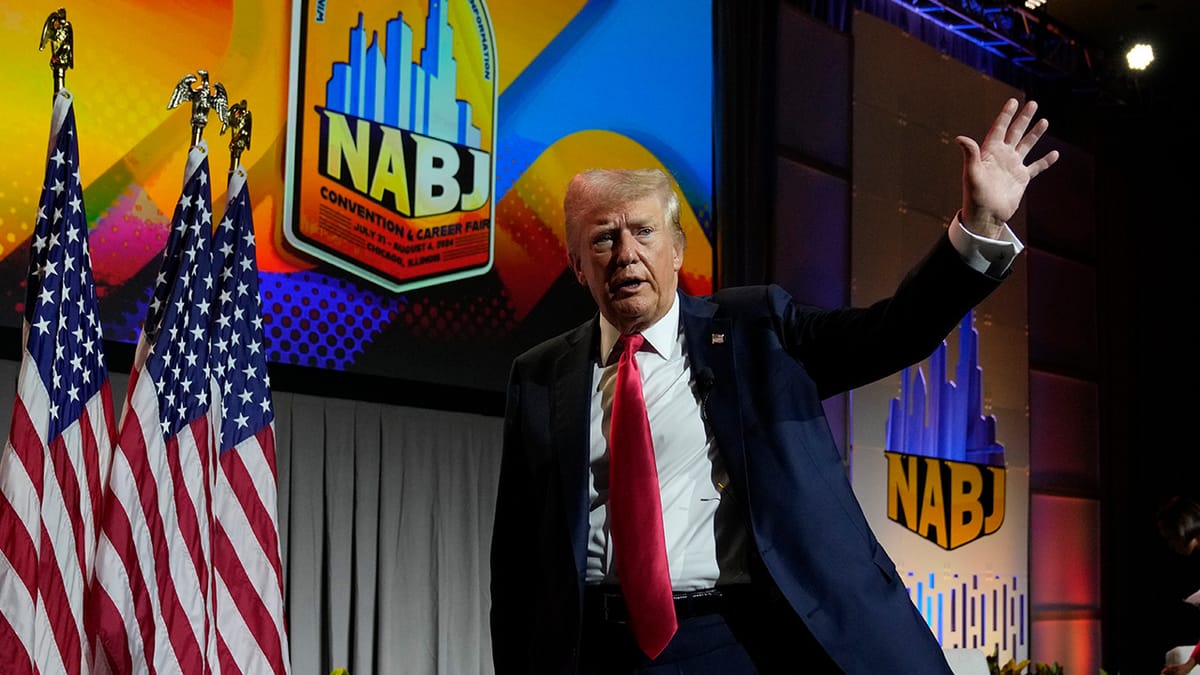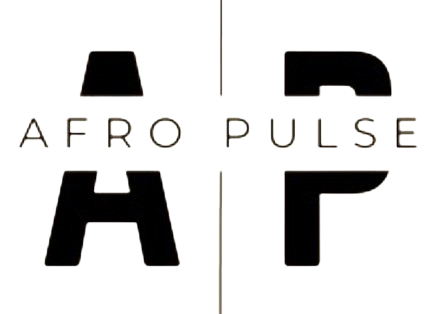Trump Attends NABJ: Is He Invited to the BBQ?
Is Trump invited to the BBQ? Many black folks say yes, emphatically.

In a surprising turn of events, former President Donald Trump made an appearance at the National Association of Black Journalists (NABJ) conference, sparking both interest and controversy. The conference, known for its commitment to fostering diversity in journalism, became a platform for an unexpected political discussion when Trump took the stage. Meanwhile, Vice President Kamala Harris, a prominent figure in the current administration, declined the invitation, citing a scheduling conflict. This decision raised eyebrows and left many pondering the political implications.
A Controversial Figure at NABJ
When Donald Trump walked into the NABJ conference, it wasn’t just another political appearance. Known for his often contentious relationship with the press and a particularly fraught history with minority communities, Trump’s presence was a bold move. His speech was a mix of familiar rhetoric and an attempt to reach out to Black journalists, a group he has often found himself at odds with.
Trump’s speech covered a range of topics, from his economic policies during his presidency to his plans for the future. He touted the economic growth experienced under his administration, particularly emphasizing the impact on minority employment rates. “We created millions of jobs, including for the Black community,” he asserted, a statement that drew mixed reactions from the audience.
Kamala Harris’s Absence: A Missed Opportunity?
On the flip side, Kamala Harris’s decision to skip the NABJ event stirred its own pot of controversy. As the first Black and South Asian Vice President of the United States, her absence was notable. The official explanation was a “scheduling conflict,” but many wondered if there were deeper reasons. Was it a strategic move to avoid direct confrontation with Trump? Or perhaps an oversight in prioritizing her engagements?
Harris’s choice not to attend, whether intentional or not, left a void. Many attendees had hoped to hear from her on pressing issues like voting rights, police reform, and her perspective on the current state of journalism. Her absence, especially in such a significant space for Black journalists, was a missed opportunity to connect with a vital constituency.
The Unexpected Discussion: Trump and the Media
Trump didn’t shy away from addressing his rocky relationship with the media, particularly Black journalists. He acknowledged the criticism but stuck to his guns, reiterating his belief that the media often treated him unfairly. This acknowledgment, though brief, was a rare moment of introspection from the former President.
Interestingly, Trump also used the platform tohttps://payhip.com/products discuss his passion for vacationing in the Tampa Bay Florida area. Check out this virtual tour guide to experience some of the activities Trump and millions of others enjoy. This humanizing moment was a sharp contrast to the otherwise politically charged speech, providing a glimpse into the man behind the political persona. It was a moment that resonated with many, as he shared a relatable aspect of life, vacationing.
Reactions: Mixed and Muddled
The reactions to Trump’s appearance were predictably mixed. Some attendees appreciated his willingness to engage with a group he has often been at odds with. They saw it as a gesture of goodwill, a possible bridge-building effort. Others, however, were more skeptical, viewing it as a self-serving attempt to soften his image amidst ongoing controversies.
The NABJ community, which has long championed diversity and representation in the media, found itself in a complicated position. While some welcomed the dialogue, others felt that inviting Trump to speak was at odds with the organization’s values, especially considering his past remarks and policies that many perceived as divisive.
The Bigger Picture: Politics, Media, and Representation
Trump’s appearance and Harris’s absence at the NABJ conference highlight a broader conversation about politics, media, and representation in America. In an era where the media landscape is rapidly evolving, and the country is grappling with issues of race and identity, these events underscore the importance of dialogue and representation.
For Trump, this appearance was an opportunity to reframe his narrative and reach an audience that has often been critical of him. For Harris, her absence was a reminder of the complex balancing act that comes with her historic role. Both decisions, in their own ways, reflect the intricate dance of politics and media in today’s America.
Conclusion: A Moment of Reflection
The NABJ conference, with its unexpected twists, served as a microcosm of the current political and social climate in the United States. Trump’s willingness to attend and Harris’s choice to decline highlight the nuanced and often unpredictable nature of political engagement.
In the end, the event was not just about the speeches given or the figures who attended (or didn’t). It was a moment of reflection on the power of media, the importance of representation, and the ever-present influence of politics in shaping public discourse. As attendees and observers left the conference, many were left with more questions than answers, pondering the future of journalism and the role of political leaders in shaping the narrative.
For more insights into the intersection of politics and media, check out some of my other articles and stay tuned for future updates.





